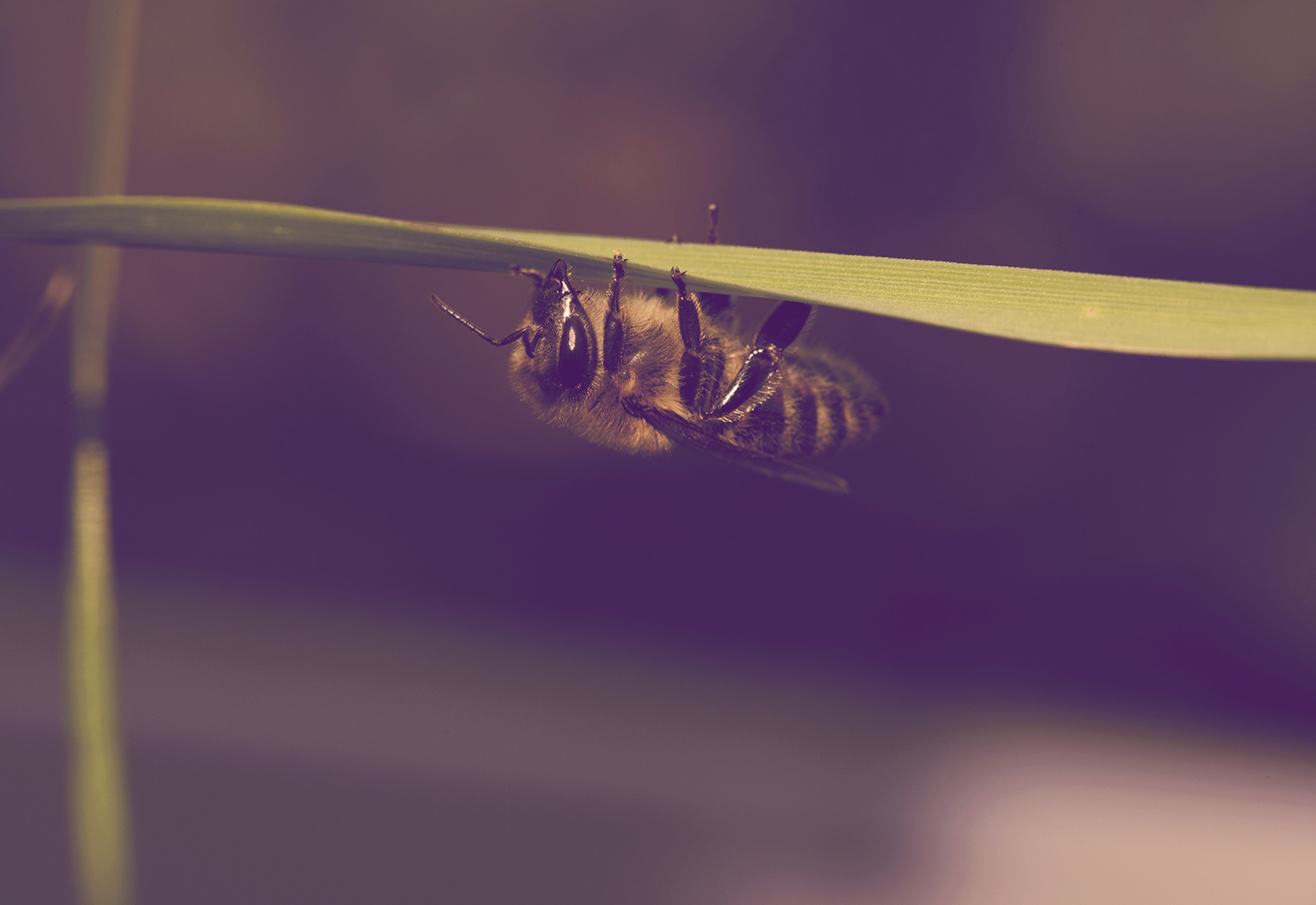Mehr zu den FREETHEBEES Lösungansätzen EN
<span id=”spenden”></span>
FREETHEBEES’ approach is based on 3 key pillars
The honey bee in nature
By protecting and promoting feral honey bee colonies we ensure that the species continues to be exposed to natural selection. The long term aim is to create small populations that are robust as well as healthy and able to adapt to changing environmenWe know what must be done. We just need the power to do it.tal conditions.
- Creating the legal basis allowing us to protect and promote feral honey bee colonies (at this point in time, it is not clear from a legal and scientific perspective whether the honey bee is a farm animal and/or a wild animal)
- Creating natural habitats for the honey bee (ecological infrastructure)
- Monitoring of feral honey bee colonies (no statistical information on feral honey bee colonies is available in Europe)
The honey bee in apiculture
Step by step, we develop current monoculture beekeeping practices into a diversified, sustainable and responsible apiculture appropriate to the species.
Thus, we will ensure pollination services and honey production in line with contemporary requirements, at the same time stabilizing the bees’ health in the medium term.
- Adapting the umbrella association’s strategic apiculture objectives
- Beekeepers’ training and continuous education
- Revising incentive systems for beekeepers
Nature for the bee
We demonstrate where it is no longer possible for the honey bee to survive autonomously and, together with partner organisations, we initiate specific measures to improve their habitat.
- Increasing flower diversity throughout the entire bee season
- Reducing environmental impacts
The required measures
FREETHEBEES performs the groundwork and creates transparency. The aim of our diverse projects is to directly improve the bees’ situation and to raise awareness.
- Through monitoring and with research projects, we generate the missing data on feral honey bees and their health in Switzerland.
- Our presence in the media improves the public’s awareness of the actual situation of the bee.
- By giving advice to government representatives we pass on our knowledge and experience.
- With our political lobbying we create the required resistance to unilaterally acting groups pursuing self-serving interests.
- The beekeepers’ training and continuous education improves the general conditions in apiculture.

